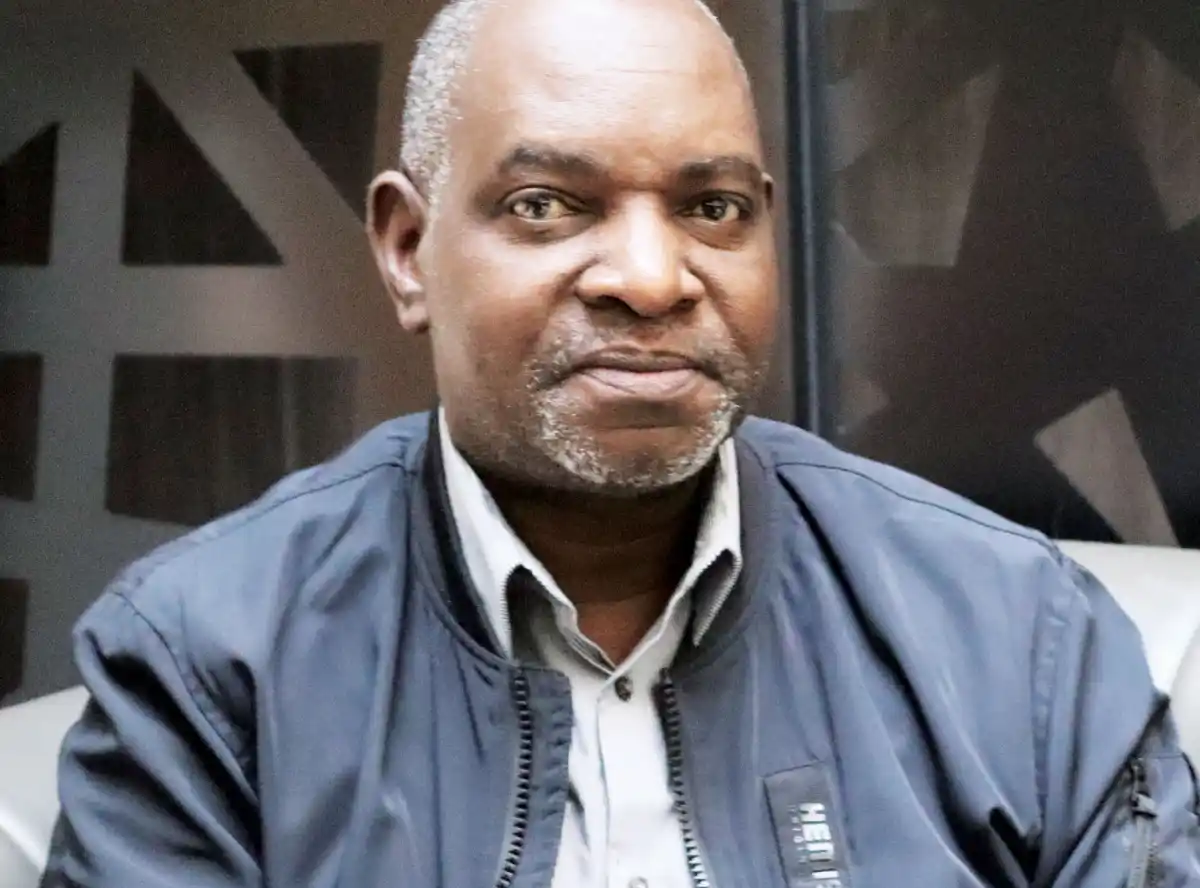
By Kingsley Jassi:
Malawi is expected to sign a new $500 million power compact to accelerate efforts to increase national access to electricity.
The government aspires to reach at least 70 percent of the country’s population with electricity by 2030.
According to Principal Secretary for Energy Alfonso Chikuni, President Lazarus Chakwera is expected to sign the compact at an event in Tanzania in January next year under a joint initiative called Project 300 by the World Bank and Africa Development Bank (AfDB).
Under Project 300, the two financing institutions intend to help connect at least 300 million people in sub-Saharan Africa by 2030.
Malawi intends to ride on the initiative and push for the 2030 target in transitioning the majority of the population into the national grid.
“We have lined up a number of projects. For instance, we are developing a compact, similar to the one that was done under the Millennium Challenge Account but this one will be financed by the World Bank and AfDB.
“So far, about $500 million has been pledged and President Lazarus Chakwera is going to sign the compact, alongside other 10 African heads of State, in Tanzania in January. So, we are moving very quickly,” Chikuni said.
He was addressing the question on the current power supply deficit.
Other key infrastructure projects, he said, are the eastern and western power backbone power lines that will ensure Malawi is internally and regionally connected.
The eastern backbone project is currently being financed partly by the European Union and the European Investment Bank, which signed a €89.4 million financing agreement recently with Malawi to contribute to the $92 million project.
The project will replace a 42-year-old transmission line that has wooden poles with 132Kv steel transmission infrastructure on the lakeshore from Nkhoma in Lilongwe to Nkhata Bay and from Nkhotakota to Kanyika in Mzimba District.
In Project 300, the World Bank Group will work to connect 250 million people to electricity through distributed renewable energy systems or the distribution grid while the AfDB will support an additional 50 million people.
Project 300 will see the World Bank, through International Development Association (IDA), spending $30 billion through concessional lending, according to the bank’s brief about the initiative.
The World Bank is supporting Malawi’s flagship project in the power sector, the Mpatamanga Hydro Power Plant, with generation capacity of 350 megawatts (mw) with a possible extension by 50mw.
The current power generation has a 14 percent deficit while the future demand is expected to widen the deficit exponentially, with the mining sector alone requiring 230mw if the projects being developed come into operation.
A medium-term strategy to increase generation to 1 gigawatts by 2025 appears to be unrealistic at this point as most of the projects earmarked to help achieve the target are far from implementation.








0 Comments